Today's interview takes us to the evocative atmospheres of the African continent, a place that Franco Emilio Risso, founder of Mamasili, a physical and virtual retailer of excellent food products of African biodiversity, knows well.
Mamasili's history is full of forks in the road, of fortuitous and unexpected encounters that have given life to this reality that puts small agricultural activities from Madagascar, Rwanda and Kenya in contact with Italian consumers, promoting a short supply chain without intermediaries in full respect of producers, the environment and buyers.
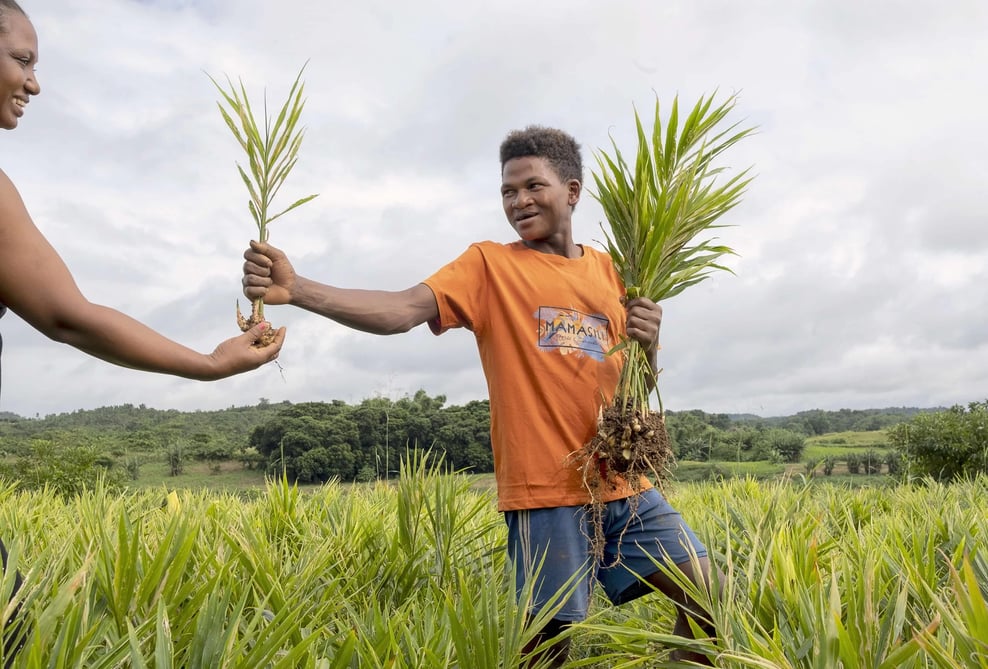
Origins
The company came to life towards the end of 2021, but became operational in May 2022 with headquarters in Genoa, reaching the whole of Italy thanks to e-commerce, while for physical sales, Mamasili relies on a few selected retailers.
Mamasili can be seen as the natural evolution of a long period of work abroad by its founder in the field of importing high-quality niche products from small family-run businesses that are often excluded from larger markets.
I approached the world of spices and Africa after a project I followed in Senegal. After graduating and taking my law degree, I went to do my civil service in Senegal with a cooperation project. From there, my entrepreneurial streak and awareness of the opportunities Africa presented was sparked. However, as I was still young to start a project, I took a job in organic farming and fair trade in Madagascar, which was the perfect transition from a non-profit to a for-profit project. In 2016, I opened my own company, Moringa Wave which deals with food complements and finally started Mamasili with the idea of officially returning to Italy.
This company allowed me to capitalise on what I had been doing for the past 12 years: that is, selecting producers and products from abroad, mainly from Africa.
Spices, coffee and macadamia nuts
Mamasili trades mainly in spices and herbs. It offers a wide range of peppercorns, from the best known, such as black or white pepper, to more unusual variants such as wild pepper or freeze-dried green pepper. In addition to spices, Mamasili also sells two other types of products: Macadamia nuts and coffee from Rwanda, which come from productions that the founder of Mamasili is directly familiar with. Coffee belongs to the specialty coffee category and is grown in a mountainous area of Rwanda, while Macadamia nuts come from a mountainous area of Kenya.
Franco Emilio Risso's connection with Africa is very strong, both because of his long working experience on the continent and because part of his family is Rwandan. It is precisely this direct knowledge and deep respect for these small production realities that is the added value that Mamasili offers. Extending beyond Africa is one of the next steps that Mamasili's founder has in mind for the future. The idea is to select small realities in South-East Asia with the same methodology, guaranteeing a short supply chain, ensuring product quality, sustainability and social and ethical impact.
The spice has always had a significant value for trade: spices have been the source of wars, even states have been sold for spices. A bit of trivia that perhaps not everyone knows is about present-day Manhattan, which was ceded by the Dutch to the British in exchange for the Moluccas Islands, which were cultivated with nutmeg. Later, with the introduction of the food industry, spices lost their value. Today, finding them on supermarket shelves, people often ignore their history and provenance. We at Mamasili therefore try to restore the value of spices by informing consumers about their origin, quality and the uniqueness of the countries and peoples that produce them.
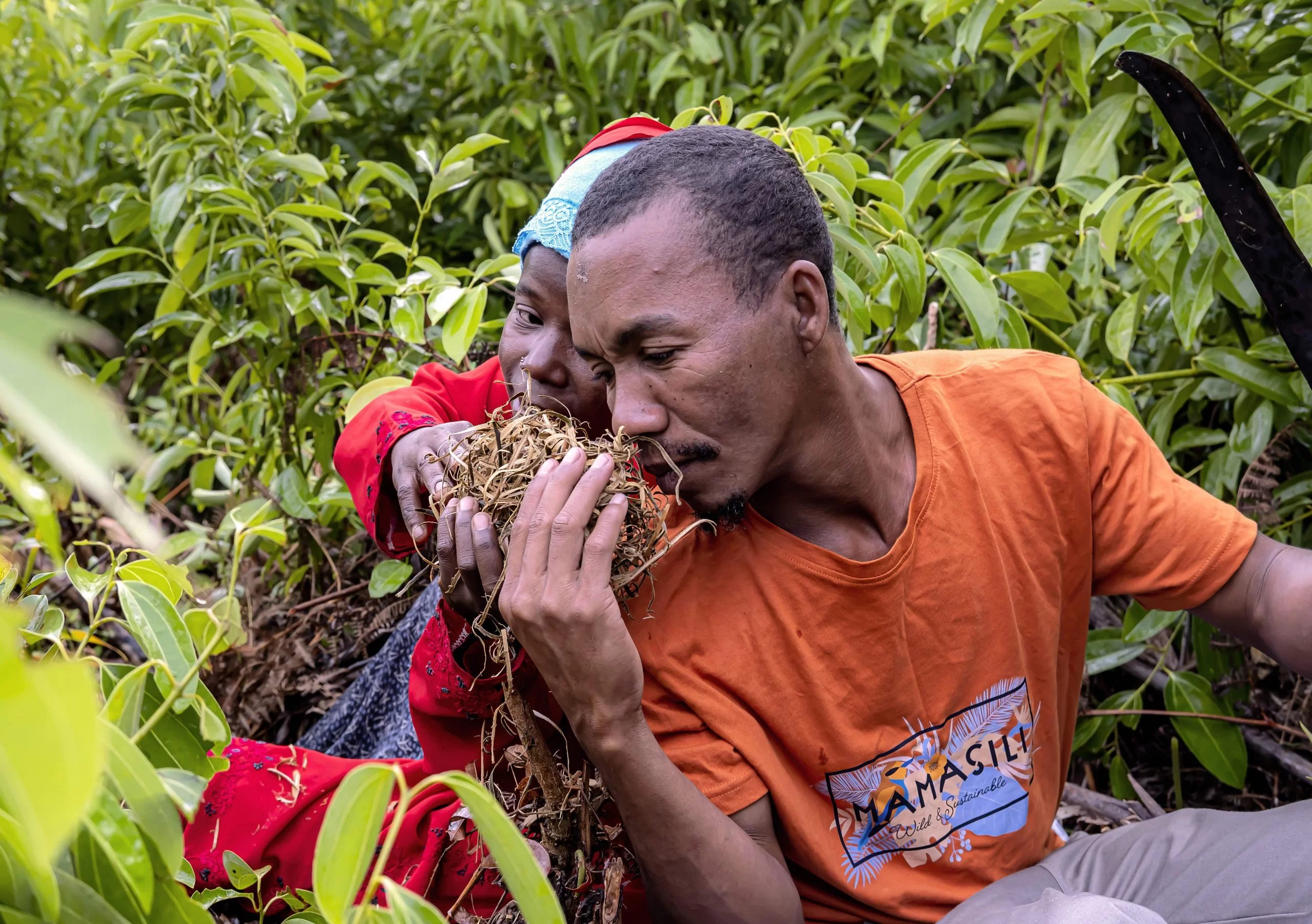
Sustainability at 360 degrees
The theme of sustainability is the fulcrum around which Mamasili's decisions revolve. Mamasili has always been very careful in adopting practices and strategies that take into account the social, environmental and economic impact of its activities.
This aspect is evident right from the name chosen by the founder for his company.
The word 'Mamasili' has no meaning of its own. Within the word there is 'asili', which in Swahili means 'return to the origins'. We also wanted to emphasise with the choice of the name, that the products represent a return both from a natural point of view, as they are intact products, but above all from an ethical and sustainability point of view.
The logo we chose depicts a little bird to emphasise that our suppliers are small producers and the quantities are managed and brought to Italy in a sustainable way.
Speaking of sustainable logistics, we have just signed a contract with Windcoop, from 2025 our products will be transported to Europe by sailboat, to minimise the environmental impact during transport.
Packaging
On the packaging front, too, direct knowledge influenced the choice of supplier. Quite fortuitously, while accompanying a Rwandan coffee producer friend, the founder of Mamasili found himself at the Milan trade fair dedicated to specialty coffee 'World of Coffee' where Packstyle was also exhibiting its flexible packaging offer.
He is therefore familiar with flexible packaging that manages to counteract light, heat and humidity, the main enemies of spices, while preserving the valuable organoleptic characteristics. In addition to the technical qualities that met the requirements of its product, Mamasili was looking for packaging that had a reduced environmental impact in terms of both materials and production.
We try to value biodiversity through the products we import and also respect it through the Terra Institute's consultancy that certifies sustainable production techniques. Where we cannot be climate neutral, we compensate. Thus we try to educate the consumer on these issues. These are also the reasons why we chose Packstyle: almost zero-km products, being made in Italy, and the commitment to sustainability.
Packstyle was chosen for a question of balance. We liked the idea of recyclable materials, and in the case of paper, that it came from forests or forest plantations managed under strict social and economic environmental standards.
The focus on sustainability is something the two companies have in common: not only in the sense of caring for the surrounding environment, but also for the social context, an aspect that is always taken care of by the Packstyle staff.
The choice of flexible packaging was induced by various factors. Foremost among them was the combination of being Italian and having a low economic/environmental impact: the most competitive packaging on the market comes mainly from abroad, and therefore has a minimum order quantity and a higher environmental cost, considering the long transport time. I turned to Packstyle because it is an Italian company, almost km 0, which allowed me to start with small orders, more manageable, and more suitable for a young business. These elements, the quality of the graphics and the service fully satisfied me.
The multi-graphic was also a decisive element. I know that many foreign companies offer this service, however, Packstyle developed it in a convenient and accessible way, and as I said, relying on an Italian company represents an added value for me that I continue to pursue.
Moreover, the Packstyle team that followed me was very responsive and helpful. I had had contacts with other companies that I was forced to chase, but with Packstyle I found answers quickly.
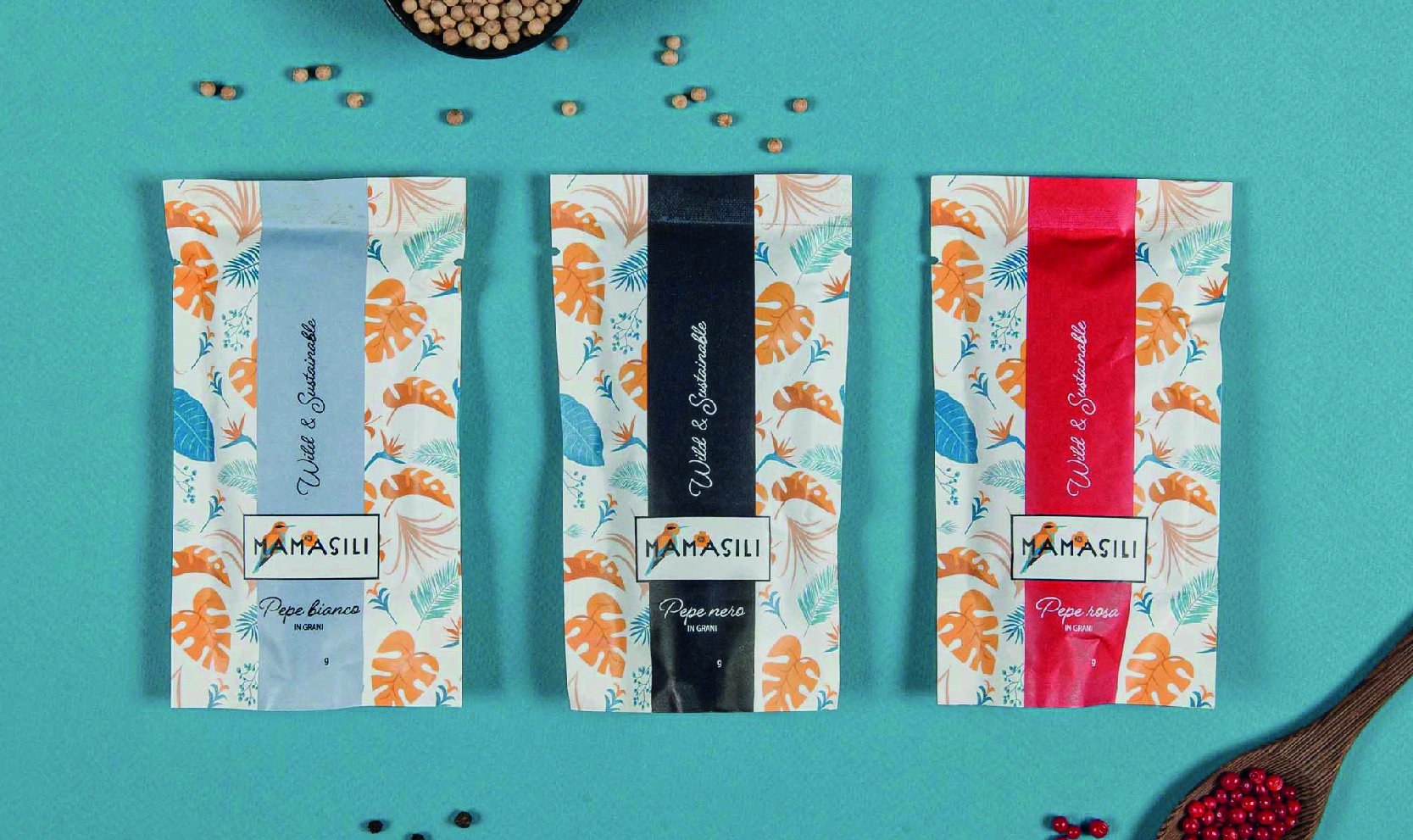
Choosing the most appropriate packaging for its product was an aspect on which Mamasili focused its attention. Digital printing undoubtedly favoured personalised and professional graphics in line with the brand identity. It also allowed the different product lines to be declined with slight variations at no extra cost thanks to multi-graphic.
We were consistent in trying to reproduce the same mood on the packaging and for the logo. The packaging helped us by being a digital print allowing us to do about 20 different graphics without weighing too much on the costs. We found a balance between customisation and cost. With respect to sustainability, we chose packaging that is disposable in its entirety. The choice of packaging was very thoughtful because paper packaging does not allow for a window to show the contents, on the other hand, it is a pouch that allows for better storage of the products. The window on the one hand would have allowed the contents to be seen, but, at the same time, would have let in light which, in the specific case of spices, deteriorates the organoleptic properties.
The visual and creative choices were also guided by our principles. In fact, we relied on the 'Yoge - Sustainable Communication' studio, which accompanied us along this path in terms of graphic choices and communication. With them, we chose very colourful graphics that recall Africa, agricultural production, and the concept of nature. We gave value to graphic elements that we find in common on the spice packaging.
Packaging is an important communication tool that can convey messages about the brand, the product and its characteristics in a visual and effective manner. Taking care of this aspect in detail also helps to capture the attention of consumers, communicate the positioning of the product and reflect the personality of the brand.
We also tried to enhance the product through the packaging: in the information sections, the top section is dedicated to the product, while in the last paragraph we communicate about the company, our values and our sourcing philosophy. We have supplemented this with a QRcode that leads back to the website, especially in reference to the sustainability statement.
We plan to associate the QR code with product traceability to make the consumer understand the short supply chain behind our products, but this is still a project that is in the conception phase.
On our packaging we have added logos that are more likely to catch the eye of consumers who often do not have time to read, such as the Climate Neutral and Terra Institute logos as well as those on waste management.
Niche realities such as Mamasili represent Packstyle's target market: as we reported in an old article on our blog The first year of Packstyle, between victories and new goals to achieve, Packstyle was born out of the need for small businesses to print packaging for their products in very short runs and in a short time, without having to sacrifice quality.
Since that beginning, the Romano d'Ezzelino-based company has perfected its mission, continuing to present itself as an ally of small businesses, and offering a range of products that are increasingly targeted and sustainable to best encapsulate carefully selected products such as those of Mamasili.
All we have to do is open a Packstyle pouch to dive into the African flavours of Mamasili, perfectly preserved so that they can manifest themselves in all their goodness!
.webp?width=2560&height=1803&name=mamasili-curcuma-arancio-naturale%20(1).webp)

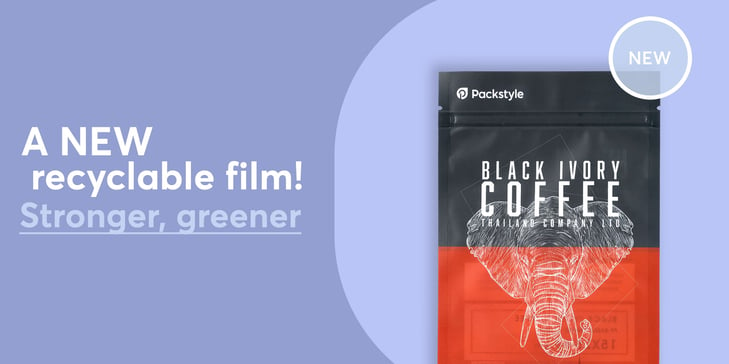
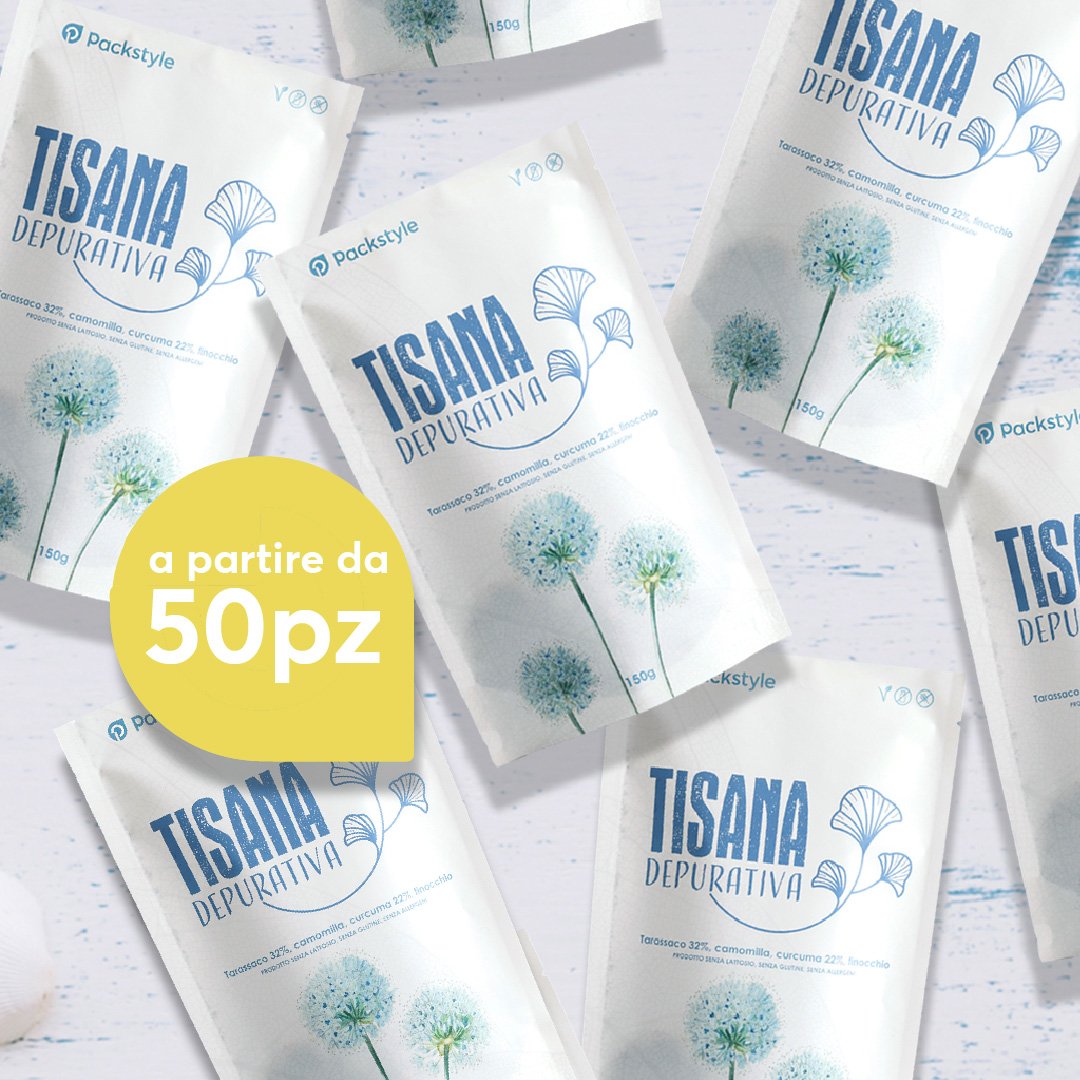






Your Comments :